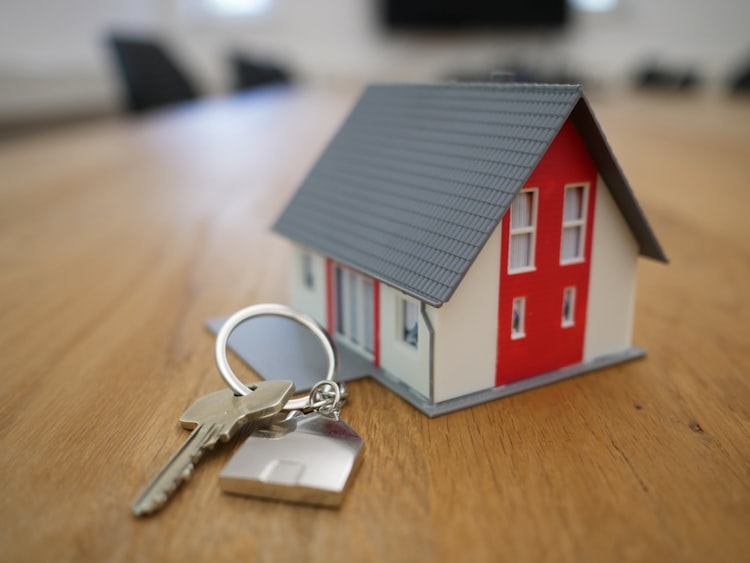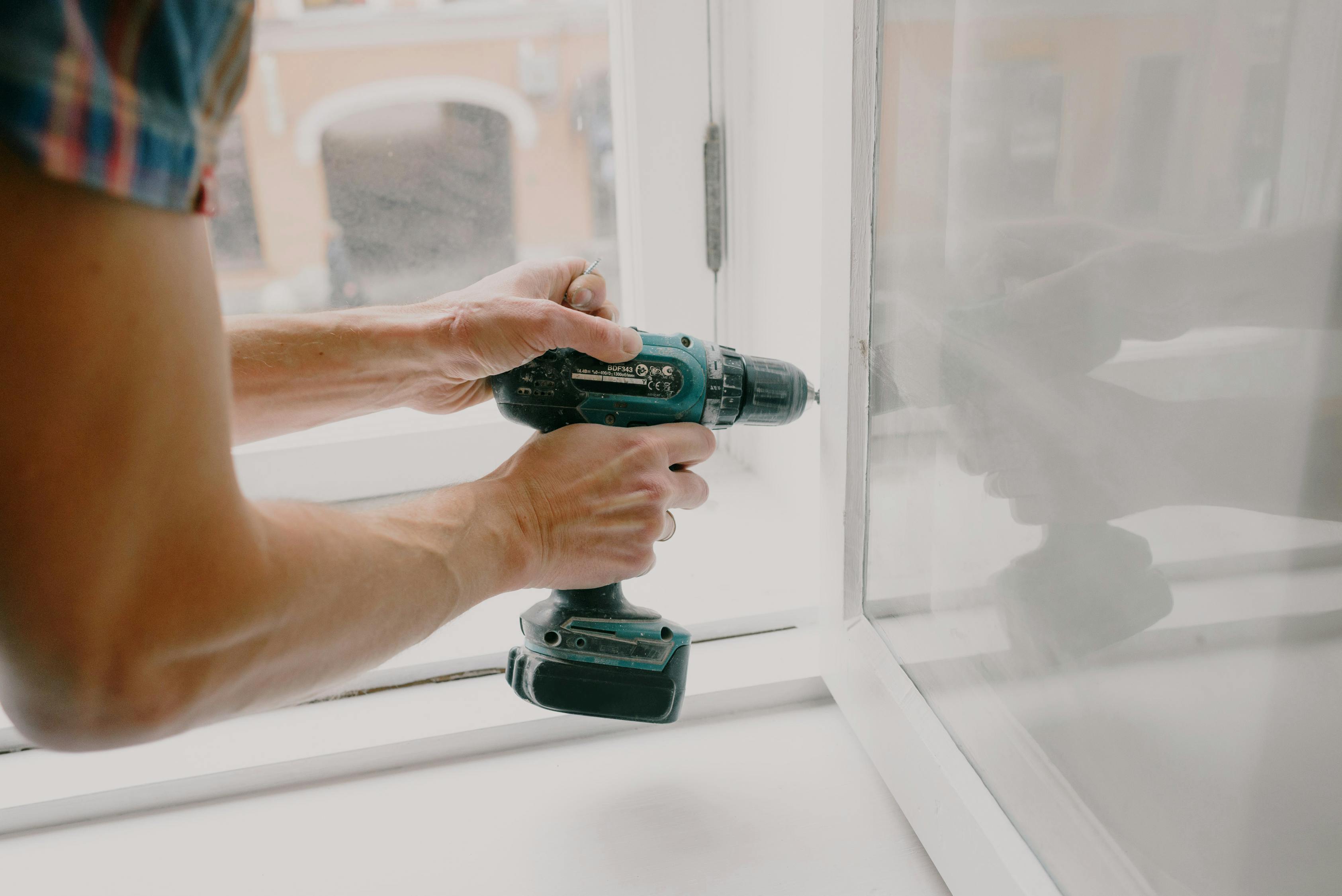
 One of the most common problems with a home foundation is that doors and windows don’t fit their frames. These can be fixed by replacing or installing new door sweeps to seal out cold air, as well as adjusting window tracks for better sealing. Your basement may also get water pooling around it if your crawl space has poor ventilation from dirt runoff during rainstorms; this should also have an access cover installed so you are able to keep debris off the floor when cleaning up after storms. Sticking to the basics can save you from a costly disaster. Preventative measures and maintenance for Foundation repair are critical in preventing your house’s foundation from cracking or sinking, while also keeping it waterproofed so mold doesn’t grow on square footage which is hard enough to keep clean without extra helpings of water penetration due to inefficient drainage. The first step is checking that there isn’t clogging whether, by leaves/debris buildup, roots from nearby trees touching underground pipes (it may be time t0 call an expert), or even small animals like squirrels burrowing into the ground around your property – all of these will eventually cause irreversible damage if left unchecked! Once any potential obstacles have been properly cleared out use techniques such as using a soaker.
One of the most common problems with a home foundation is that doors and windows don’t fit their frames. These can be fixed by replacing or installing new door sweeps to seal out cold air, as well as adjusting window tracks for better sealing. Your basement may also get water pooling around it if your crawl space has poor ventilation from dirt runoff during rainstorms; this should also have an access cover installed so you are able to keep debris off the floor when cleaning up after storms. Sticking to the basics can save you from a costly disaster. Preventative measures and maintenance for Foundation repair are critical in preventing your house’s foundation from cracking or sinking, while also keeping it waterproofed so mold doesn’t grow on square footage which is hard enough to keep clean without extra helpings of water penetration due to inefficient drainage. The first step is checking that there isn’t clogging whether, by leaves/debris buildup, roots from nearby trees touching underground pipes (it may be time t0 call an expert), or even small animals like squirrels burrowing into the ground around your property – all of these will eventually cause irreversible damage if left unchecked! Once any potential obstacles have been properly cleared out use techniques such as using a soaker.  Don’t let your roof turn into a leaky mess. A damaged or missing shingle can lead to water seeping into the interior and causing more damage than you could have imagined, costing thousands in repairs. Even if you feel like it is too soon for an inspection, don’t wait until leaks start popping up all over! Heating and AC repairs are expensive, but they’re even more frustrating when you need the system to work most; because it is in this time of year that your heating or air conditioning unit will be working its hardest. Signs of a problem include not being able to cool or heat effectively, seeing signs of leakages from your vents – which can indicate mold growth – as well as strange sounds coming from inside the machine. If these issues happen during summer months with high humidity levels (temperatures over 80 degrees), then there’s an increased risk for condensation accumulation on refrigerant lines and connections due to environmental conditions such as rainstorms or higher-than-normal outdoor temperatures than what would typically cause formation under average operating conditions. Electrical problems can be a major risk to your safety and even the lives of others. They are also inconvenient when they hinder our electricity from working properly in homes, buildings, or industrial complexes. Inspecting these systems annually is the best possible option for prevention as it helps identify any issues before they become dangerous- but if you do find yourself dealing with an electrical issue that needs to be fixed immediately there’s no need to worry! Hiring professionals like electricians will guarantee competent work so make sure you have their number handy just in case something happens at home or on the job site due out next time you might need them. ac repair las vegas It’s always better to be proactive than reactive when it comes to your home. Doing some basic maintenance now can help you avoid expensive repairs down the line, but sometimes even the best of us end up with a big problem that needs tackling. In those cases, our first call should go right back to what we know: insurance! Each policy has different coverage and rules for how much they’ll cover; make sure you’re checking in before calling them so as not to spend more money on something they won’t pay out for!
Don’t let your roof turn into a leaky mess. A damaged or missing shingle can lead to water seeping into the interior and causing more damage than you could have imagined, costing thousands in repairs. Even if you feel like it is too soon for an inspection, don’t wait until leaks start popping up all over! Heating and AC repairs are expensive, but they’re even more frustrating when you need the system to work most; because it is in this time of year that your heating or air conditioning unit will be working its hardest. Signs of a problem include not being able to cool or heat effectively, seeing signs of leakages from your vents – which can indicate mold growth – as well as strange sounds coming from inside the machine. If these issues happen during summer months with high humidity levels (temperatures over 80 degrees), then there’s an increased risk for condensation accumulation on refrigerant lines and connections due to environmental conditions such as rainstorms or higher-than-normal outdoor temperatures than what would typically cause formation under average operating conditions. Electrical problems can be a major risk to your safety and even the lives of others. They are also inconvenient when they hinder our electricity from working properly in homes, buildings, or industrial complexes. Inspecting these systems annually is the best possible option for prevention as it helps identify any issues before they become dangerous- but if you do find yourself dealing with an electrical issue that needs to be fixed immediately there’s no need to worry! Hiring professionals like electricians will guarantee competent work so make sure you have their number handy just in case something happens at home or on the job site due out next time you might need them. ac repair las vegas It’s always better to be proactive than reactive when it comes to your home. Doing some basic maintenance now can help you avoid expensive repairs down the line, but sometimes even the best of us end up with a big problem that needs tackling. In those cases, our first call should go right back to what we know: insurance! Each policy has different coverage and rules for how much they’ll cover; make sure you’re checking in before calling them so as not to spend more money on something they won’t pay out for!